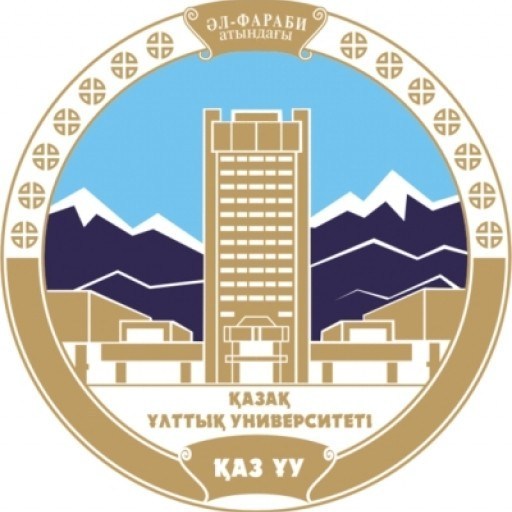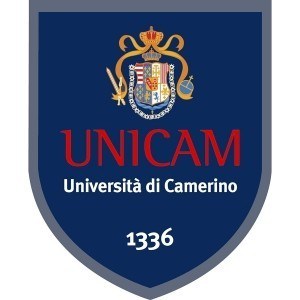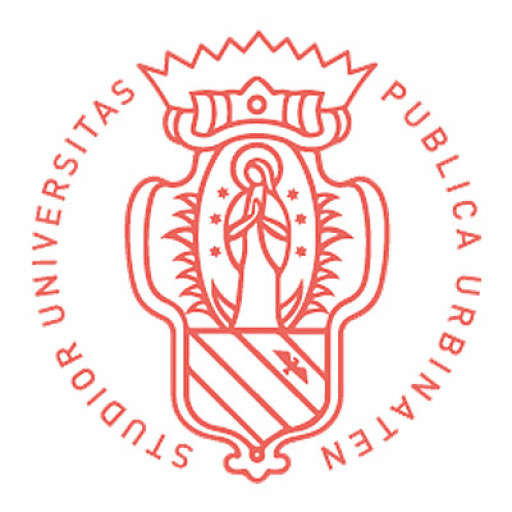Photos of university
Biotechnology is a rapidly advancing interdisciplinary field that integrates principles of biology, chemistry, physics, and engineering to develop innovative solutions for a wide range of industries, including healthcare, agriculture, environmental protection, and industrial processes. The Biotechnology program at Al-Farabi Kazakh National University offers students a comprehensive education designed to prepare them for the evolving demands of this dynamic sector. The curriculum combines theoretical knowledge with practical skills, enabling graduates to engage in research, development, and application of biotechnological methods.
Throughout the program, students explore core disciplines such as molecular biology, genetics, microbiology, biochemistry, and bioinformatics. They gain hands-on experience in laboratory techniques, experimental design, data analysis, and modern biotechnological tools. The program also emphasizes the importance of innovation, entrepreneurship, and sustainable practices, encouraging students to develop solutions that address global challenges such as food security, environmental conservation, and healthcare improvements.
The faculty consists of experienced scientists and industry experts who guide students through rigorous coursework and research projects. The program offers opportunities for internships and collaboration with industrial partners, local research centers, and international organizations, fostering practical skills and professional networks. Graduates of the Biotechnology program are equipped to pursue careers in research and development laboratories, biopharmaceutical companies, agricultural firms, environmental agencies, and academia.
In addition, the program aims to cultivate critical thinking, problem-solving abilities, and ethical awareness essential for responsible scientific practice. It prepares students for postgraduate studies and research innovations that contribute to Kazakhstan's technological progress and scientific leadership in the field of biotechnology. With a curriculum aligned with global standards, the Biotechnology program at Al-Farabi Kazakh National University aspires to develop highly qualified specialists capable of making significant contributions to the advancement of science and industry both domestically and internationally.
Profile items:
• Basics of Biotechnology
• Food Biotechnology
• Industrial Biotechnology
• Biotechnology of plants
• Cell biotechnology
• Environmental Biotechnology.
Program requirements for the Bachelor's degree in Biotechnology at Al-Farabi Kazakh National University typically include a combination of general and specialized prerequisites. Prospective students are usually expected to hold a completed secondary education certificate with a competitive academic record, particularly in subjects such as biology, chemistry, physics, and mathematics. Applicants may be required to pass entrance examinations or interviews designed to assess their foundational knowledge in these areas and their motivation for studying biotechnology. Additionally, proficiency in English or Russian might be necessary, depending on the language of instruction, with evidence provided through standardized language tests or prior education certificates. Candidates must submit a completed application form, along with academic transcripts, identification documents, and sometimes a motivation letter explaining their interest in the field of biotechnology and career aspirations. The university may also consider extracurricular involvement or previous experiences related to biological sciences, research projects, or internships, as part of the selection process. Once admitted, students will be expected to fulfill various academic requirements, including passing coursework in core subjects, completing laboratory and practical work, and undertaking research projects or dissertations. The program aims to develop competencies in molecular biology, genetics, microbiology, biochemistry, and bioinformatics, preparing graduates for careers in research, industry, or further postgraduate studies. Successful completion of all coursework and assessments, along with adherence to university regulations, grants the student the Bachelor of Science degree in Biotechnology.
The financing of the Bachelor’s degree program in Biotechnology at Al-Farabi Kazakh National University is primarily funded through a combination of state allocations and private contributions. The program offers both government-funded (state grant) places and tuition-based options, allowing students from diverse financial backgrounds to pursue higher education in this field. State-funded students do not pay tuition fees, with their education costs covered by the government under the Republic of Kazakhstan's education policy aimed at developing human capital in science and technology sectors. These students are selected based on competitive entrance examinations and academic achievements.
For students opting for tuition-based education, the university establishes a fee structure that is in line with the national standards for specialized undergraduate programs. Tuition fees are used to cover expenses related to faculty salaries, laboratory maintenance, academic materials, and research infrastructure necessary for providing a comprehensive education in biotechnology. The fee levels are regularly reviewed and adjusted according to inflation and operational costs, ensuring sustainable program development.
In addition to direct student payments and government funding, the program benefits from financial support through grants, research scholarships, and grants obtained from international cooperation projects and scientific foundations. These additional sources of funding are aimed at fostering research activities, practical training, and international exchanges, thereby enhancing the quality of education and ensuring students gain practical experience in modern biotechnological methods.
The university also encourages industry partnerships and collaborations with biotech companies which often provide sponsorships and funding for internships, research projects, and curriculum development. Such industry support not only supplements the program's financing but also contributes to the practical orientation of the program and improves graduate employability.
Furthermore, the institution actively seeks international grants and participation in global research initiatives, which contribute financially to faculty development, laboratory upgrades, and student mobility programs. These funds help in maintaining the competitiveness and innovation capacity of the Biotechnology program at Al-Farabi Kazakh National University.
Overall, the financing structure of this program is designed to ensure the sustainability and continuous improvement of educational quality, research, infrastructure, and internationalization efforts. The university's strategic approach combines government support, tuition fees, research grants, international funding, and industry partnerships to provide high-quality education in biotechnology, meeting national and global standards.
The bachelor's degree program in Biotechnology at Al-Farabi Kazakh National University provides students with comprehensive training in the fundamental sciences and advanced biotechnology methods. The program aims to prepare specialists capable of applying biological and technological principles to solve practical problems in medicine, agriculture, environmental protection, food production, and industrial processes. Students are introduced to core disciplines such as biology, chemistry, genetics, microbiology, molecular biology, and bioinformatics, which form the foundation for specialized knowledge in the field of biotechnology.
Throughout the course of study, students gain practical skills in laboratory techniques, experimental design, data analysis, and the use of modern biotechnological equipment. The curriculum emphasizes the importance of research and innovation, encouraging students to develop critical thinking and problem-solving abilities. They have opportunities to participate in research projects, internships, and collaborations with industry partners to acquire real-world experience and understand the applications of biotechnology in various sectors.
The program also focuses on ethical issues in biotechnology, regulatory frameworks, and the socio-economic impacts of biotechnological advancements. Graduates are equipped to work in research laboratories, pharmaceutical companies, agricultural biotech firms, food processing industries, environmental agencies, and in academic settings. The program’s faculty comprises experienced scientists and professionals who guide students through theoretical knowledge and practical applications, fostering an environment of scientific inquiry and innovation.
Al-Farabi Kazakh National University maintains strong ties with international universities and research institutions, offering students opportunities for exchange programs and joint research projects. The bilingual instruction (Kazakh and English) prepares graduates to operate effectively in multilingual and multicultural work environments. The program’s aim is to produce highly qualified biotechnologists capable of contributing to scientific progress and economic development in Kazakhstan and beyond, by harnessing the potential of biotechnology to improve societal well-being and sustainability.










